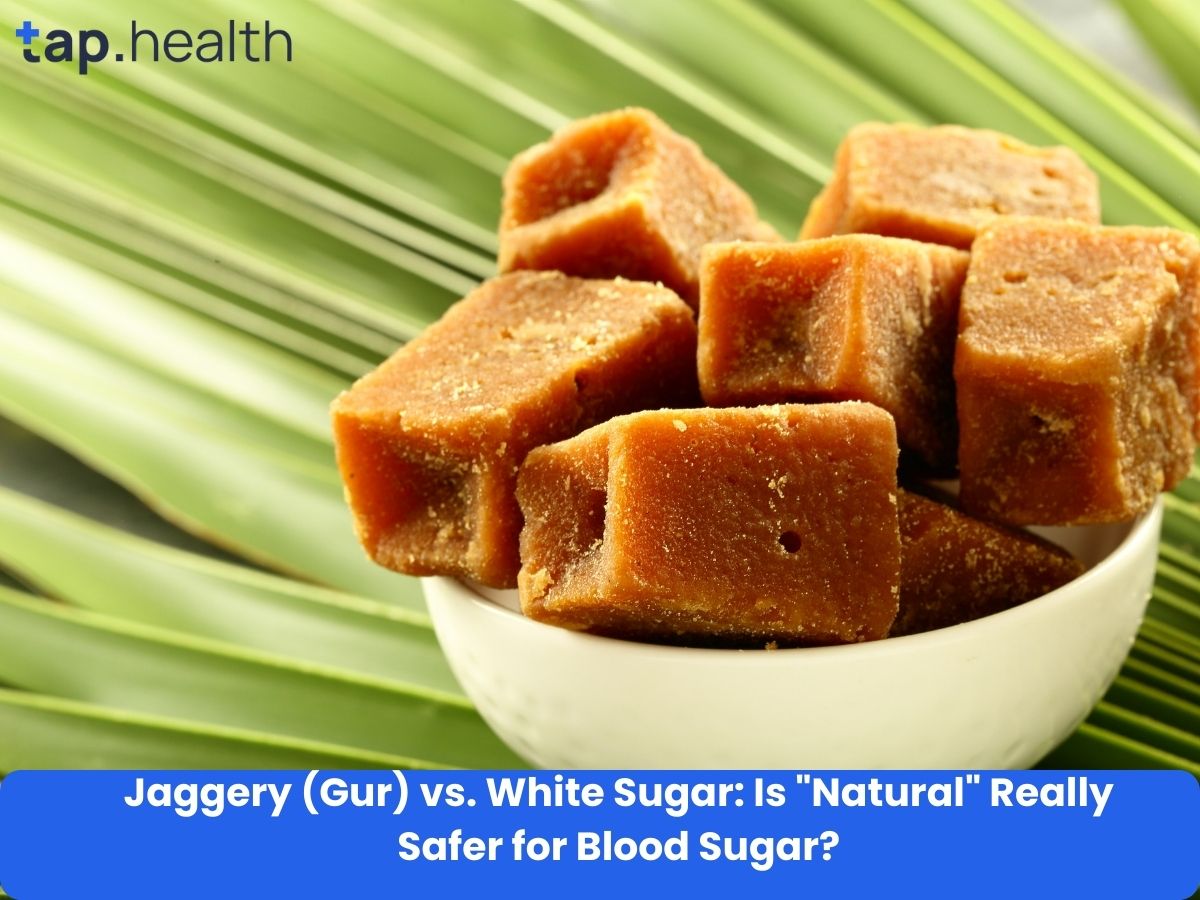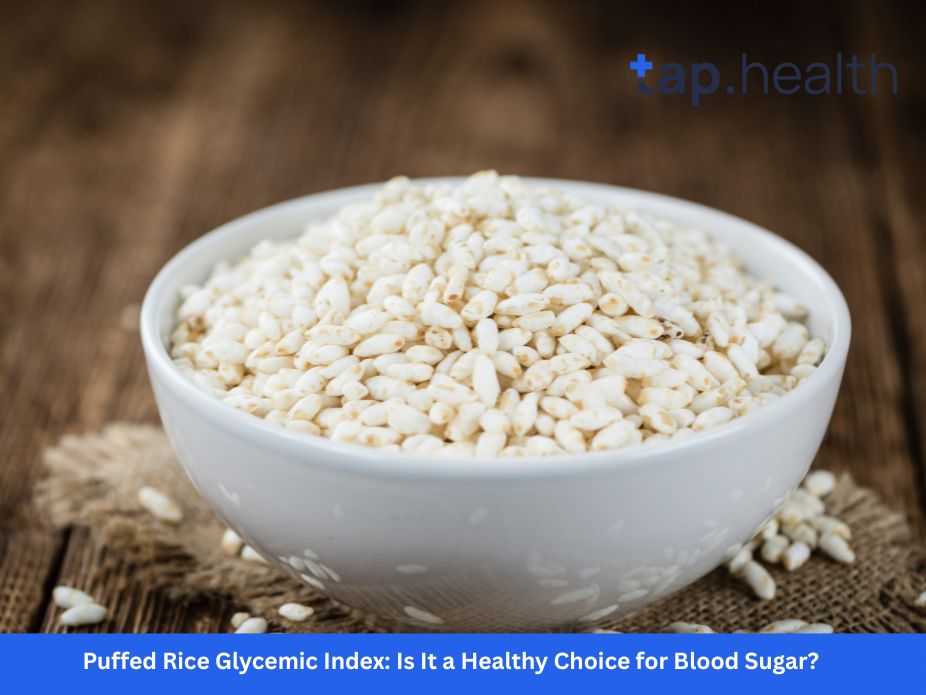Table of Contents
- Omega-6 Fatty Acids and Type 2 Diabetes: A Comprehensive Guide
- Understanding the Link Between Omega-6s, Heart Disease, and Diabetes
- High Omega-6 Intake: Increasing Your Risk of Diabetes Complications?
- Omega-3 vs. Omega-6: Which is Better for Diabetes and Heart Health?
- Managing Omega-6 Consumption to Reduce Diabetes-Related Heart Disease
- Frequently Asked Questions
- References
Living with diabetes often brings concerns about heart health to the forefront, and rightfully so. Heart disease is a significant complication for many diabetics, and understanding the contributing factors is crucial for effective management. This blog post will delve into the complex relationship between Omega-6 fatty acids and diabetes, exploring how an imbalance of these fats can increase your risk of heart disease. We’ll examine the science behind this connection and offer practical advice to help you make informed dietary choices. Let’s uncover the connection between Omega-6 Fatty Acids and Diabetes: Understanding the Heart Disease Risk together.
Omega-6 Fatty Acids and Type 2 Diabetes: A Comprehensive Guide
Type 2 diabetes is a significant health concern globally, particularly in India and tropical countries, where it accounts for a staggering 90% of all diabetes cases. Understanding the relationship between omega-6 fatty acids and diabetes, specifically the increased risk of heart disease, is crucial for preventative healthcare in these regions. Research consistently highlights the impact of dietary fats on diabetic complications.
The Role of Omega-6 Fatty Acids
While essential for bodily functions, excessive consumption of omega-6 fatty acids, found in many processed foods and vegetable oils common in Indian and tropical cuisines, can contribute to inflammation. This chronic inflammation is a key factor in the development and progression of type 2 diabetes and associated cardiovascular complications. High levels of omega-6s can negatively impact insulin sensitivity, making it harder for the body to regulate blood sugar levels effectively. This, in turn, increases the risk of heart disease, a major cause of mortality among individuals with diabetes in India.
Managing Omega-6 Intake for Better Health
Prioritizing a balanced diet rich in omega-3 fatty acids and limiting the intake of foods high in omega-6s is crucial. This means reducing the consumption of processed snacks, fried foods, and commercially prepared meals prevalent in many Indian and tropical diets. Incorporating more whole grains, fruits, vegetables, and lean proteins can help maintain healthy blood sugar levels and reduce inflammation. Regular exercise and a healthy lifestyle also play a vital role in managing diabetes and its associated risks. For more information on healthy dietary choices, you might find our article on Is Olive Oil Good for Diabetes Type 2? Benefits and Tips helpful.
Taking Action in India and Tropical Countries
In India and other tropical nations, where type 2 diabetes is particularly prevalent, making informed dietary choices is paramount. By understanding the role of omega-6 fatty acids in the development of heart disease in individuals with diabetes, we can empower communities to take proactive steps towards better health outcomes. Consult with your doctor or a registered dietitian to create a personalized plan that addresses your specific needs and cultural context. This is crucial for managing Type 2 diabetes effectively and reducing the associated risks. It’s also important to understand the connection between diabetes and weight management; read more in our blog post on Understanding the Link Between Diabetes and Obesity.
Understanding the Link Between Omega-6s, Heart Disease, and Diabetes
The alarming statistic that smokers with diabetes face double the mortality rate from cardiovascular diseases highlights a critical health concern prevalent globally, especially in Indian and tropical countries. A significant factor contributing to this increased risk is often an imbalance in essential fatty acids, specifically an overconsumption of omega-6 fatty acids. While omega-6s are essential for various bodily functions, excessive intake can trigger inflammation, a key driver of heart disease and complications in diabetes management. This inflammatory response can damage blood vessels, leading to atherosclerosis and increasing the risk of heart attacks and strokes.
Omega-6s and Diabetes: A Dangerous Combination
In individuals with diabetes, high levels of omega-6s can exacerbate existing insulin resistance, further impairing the body’s ability to regulate blood sugar. This, in turn, contributes to the development and progression of diabetic complications, including cardiovascular disease. Many commonly consumed oils in Indian and tropical diets, such as sunflower, soybean, and corn oil, are rich in omega-6 fatty acids. While these oils are part of traditional cuisines, mindful consumption is crucial for preventing excess intake. Understanding the connection between omega-6 intake and conditions like The Link Between Diabetes and Fatty Liver is also vital.
Managing Omega-6 Intake in Tropical and Indian Diets
Reducing your intake of processed foods, fried snacks, and commercially prepared baked goods is a simple yet effective way to lower your omega-6 consumption. Prioritizing foods rich in omega-3 fatty acids, such as fatty fish (salmon, mackerel), flaxseeds, and chia seeds, can help balance the omega-6 to omega-3 ratio. Consulting with a healthcare professional or registered dietitian is recommended for personalized dietary advice, especially considering the unique dietary habits and prevalent health challenges in Indian and tropical regions. This personalized approach ensures that dietary adjustments are safe and effective in managing diabetes and reducing the risk of heart disease. Remember, a balanced approach to nutrition is key to preventing complications. For more proactive steps, consider reading Protect Your Heart from Diabetes: 5 Essential Steps.
High Omega-6 Intake: Increasing Your Risk of Diabetes Complications?
The link between diet and diabetes is undeniable. Research shows a strong correlation, for example, daily consumption of sugary beverages raises diabetes risk by 26%. But what about the role of fatty acids, specifically the often-overlooked Omega-6s? In many Indian and tropical countries, diets rich in processed foods and vegetable oils high in Omega-6 fatty acids are increasingly common. This shift in dietary habits raises concerns about the potential impact on diabetes management and cardiovascular health.
Understanding the Omega-6 Connection
While Omega-6s are essential fatty acids, an imbalance in the ratio of Omega-6 to Omega-3 fatty acids can significantly increase inflammation in the body. This chronic inflammation is a major contributor to the development and worsening of diabetic complications like heart disease. For individuals with diabetes in India and other tropical regions, where heart disease is already a significant concern, this heightened risk is particularly alarming. The abundance of Omega-6 rich foods in readily available, processed options presents a significant challenge to maintaining a balanced diet.
Managing Omega-6 Intake for Better Diabetic Health
So, what can you do? Prioritizing healthier cooking oils, such as olive oil or coconut oil, which are lower in Omega-6s, is a crucial step. Increasing your intake of Omega-3 fatty acids found in fatty fish, flaxseeds, and chia seeds helps to balance the ratio and reduce inflammation. Consulting a nutritionist or doctor familiar with the dietary habits prevalent in your region is highly recommended. For further information on managing your overall health, you might find our article on Safe and Effective Dietary Supplements for Diabetes Care helpful. They can provide personalized guidance on managing your Omega-6 intake and tailoring a meal plan that effectively supports your diabetes management and overall cardiovascular health. Remember, making small, consistent changes to your diet can significantly impact your long-term health. Understanding the nuances of different diabetes types is also important; you can learn more about a specific type by reading our piece on Is Type 3c Diabetes Dangerous?
Omega-3 vs. Omega-6: Which is Better for Diabetes and Heart Health?
The balance of omega-3 and omega-6 fatty acids is crucial, especially for individuals with diabetes, a significant health concern in India and other tropical countries. A considerable portion of the diabetic population, 61% of those aged between 20-64 years and 39% aged 65+ years, according to the International Diabetes Federation, are at increased risk of heart disease. Understanding the difference between these fatty acids is essential for managing this risk. Making informed dietary choices is key, and understanding the role of carbohydrates is also important. For more information on this, you might find our article on Low-Carb vs. Moderate-Carb Diets for Diabetes: What Works Best? helpful.
Omega-3 Fatty Acids: The Heart-Healthy Choice
Omega-3s, found abundantly in fatty fish like salmon and flaxseeds, are known for their anti-inflammatory properties. They help reduce blood pressure, improve insulin sensitivity, and lower triglycerides – all vital for preventing cardiovascular complications common in diabetes. Incorporating omega-3 rich foods into your diet can be a powerful step towards better heart health.
Omega-6 Fatty Acids: A Double-Edged Sword
Omega-6 fatty acids, present in vegetable oils like corn and sunflower oil, are essential but need to be consumed in moderation. Excess omega-6 intake can promote inflammation, potentially worsening diabetic complications. The key is balance; too much omega-6 relative to omega-3 can negatively impact cardiovascular health. Understanding the different types of diabetes is also crucial for effective management. To learn more about the distinctions between Type 1 and Type 2 diabetes, read our article: Which Diabetes Is Worse: Type 1 or Type 2? Key Comparisons.
Finding the Right Balance in Your Diet
For individuals with diabetes in India and tropical regions, focusing on a diet rich in omega-3s and low in processed foods high in omega-6s is vital. Prioritize whole grains, legumes, and lean protein sources alongside fatty fish or flaxseed oil. Consult a healthcare professional or registered dietitian to create a personalized plan suitable for your dietary needs and cultural preferences. This will help navigate the complexities of maintaining a healthy omega-3 to omega-6 ratio, crucial for preventing heart disease and improving overall well-being.
Managing Omega-6 Consumption to Reduce Diabetes-Related Heart Disease
High levels of omega-6 fatty acids in the diet have been linked to increased inflammation, a major contributor to heart disease, particularly in individuals with diabetes. This is especially relevant in Indian and tropical countries where dietary habits often include a high intake of omega-6 rich foods like vegetable oils. It’s crucial to remember that up to 80% of Type 2 diabetes cases can be delayed or prevented through lifestyle changes, including dietary modifications.
Balancing Your Omega-6 Intake
Managing omega-6 intake isn’t about complete elimination, but rather achieving a healthy balance with omega-3 fatty acids. An imbalance, with excessive omega-6 consumption, can negatively impact cardiovascular health in individuals with diabetes, increasing the risk of heart attack and stroke. Consider reducing your intake of processed foods, fried snacks, and commercially baked goods, all common sources of high omega-6 oils in the Indian and tropical context. This is especially important for managing cholesterol levels with diabetes, as high cholesterol often accompanies high omega-6 intake.
Prioritizing Omega-3s
To counter the effects of high omega-6, focus on incorporating omega-3 rich foods into your diet. Examples include fatty fish like salmon and mackerel (if accessible and affordable), flaxseeds, chia seeds, and walnuts. These foods contribute to reducing inflammation and improving overall cardiovascular health. Incorporating these changes can significantly improve your health outcomes. Managing your omega-3 and omega-6 balance can also help in lowering triglycerides, another important factor in cardiovascular health.
Actionable Steps for Indians and Tropical Regions
For individuals in India and other tropical countries, consider swapping refined vegetable oils high in omega-6s for healthier alternatives like coconut oil (in moderation), olive oil, or mustard oil. Focus on fresh, whole foods, including plenty of fruits, vegetables, and legumes, which naturally contribute to a balanced omega-6 to omega-3 ratio. Making these simple dietary adjustments can make a profound difference in managing diabetes and lowering the risk of heart disease. Consult a healthcare professional or registered dietitian for personalized advice tailored to your specific needs and dietary preferences.
Frequently Asked Questions on Omega-6 Fatty Acids & Diabetes
Q1. What is the link between omega-6 fatty acids and diabetes?
High omega-6 intake, often from processed foods and common oils, is linked to increased inflammation in the body. This inflammation can negatively impact insulin sensitivity, worsening type 2 diabetes and increasing the risk of cardiovascular complications.
Q2. Why is this a particular concern in India and tropical regions?
Diabetes is already highly prevalent in these regions. High omega-6 consumption further exacerbates the problem by increasing inflammation and negatively affecting insulin sensitivity, leading to a greater risk of diabetes and heart disease.
Q3. How can I reduce my risk of diabetes and heart disease related to omega-6 fatty acids?
Balance your omega-6 intake with omega-3s by consuming foods like fatty fish and flaxseeds. Reduce processed foods, fried snacks, and unhealthy oils, and increase your intake of whole grains, fruits, vegetables, and lean proteins.
Q4. What is the best way to manage my omega-6 intake if I have diabetes?
It’s crucial to consult with a healthcare professional. They can help you create a personalized dietary plan that balances your omega-6 and omega-3 intake and addresses your specific needs and health conditions.
Q5. Are there any misconceptions about omega-6 fatty acids I should be aware of?
While omega-6 fatty acids are essential, excessive consumption is detrimental. Focusing solely on reducing fat intake without considering the balance between omega-6 and omega-3 fatty acids is not sufficient for managing diabetes and heart disease risks.
References
- A Practical Guide to Integrated Type 2 Diabetes Care: https://www.hse.ie/eng/services/list/2/primarycare/east-coast-diabetes-service/management-of-type-2-diabetes/diabetes-and-pregnancy/icgp-guide-to-integrated-type-2.pdf
- Diabetes in Older Adults: A Consensus Report: https://en.iacld.com/UpFiles/Documents/292529019.pdf



